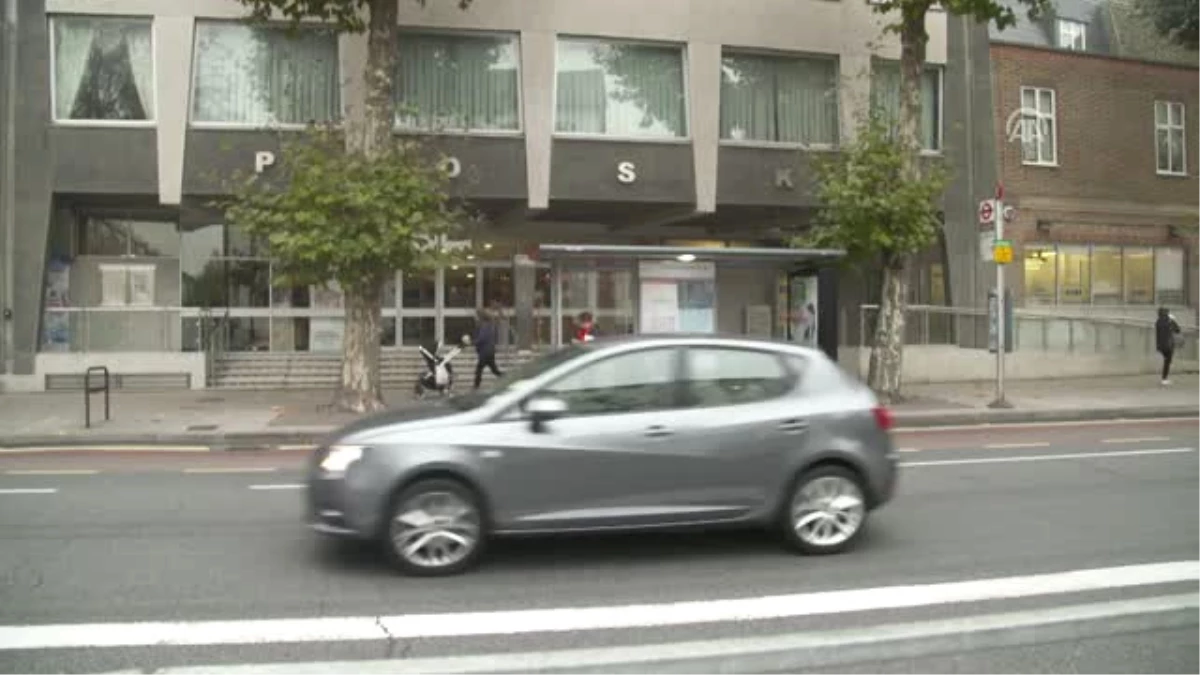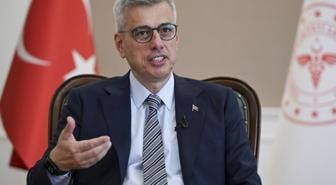UK's Poles Face Uncertain Future Amid Rising Hate Crime - London

Since the EU referendum result in the U.K., the country's residents from other EU nations have faced an uncertain future in their adopted home.
Since the EU referendum result in the U.K., the country's residents from other EU nations have faced an uncertain future in their adopted home.
The unexpected outcome of June's vote was followed by a surge in xenophobia largely aimed at EU citizens, many of them from the former eastern bloc countries that joined in 2004 such as Poland.
Ewa Brozozowska is one of the estimated 850,000 Poles living in the U.K. A teaching assistant who has lived in London for more than 11 years, she is now considering returned to Poland.
"I've got a little bit of anxiety and I am worrying about what's going to be next and what the legislation will be... I am not sure now to stay here, what to do next and what will be next for European citizens," she told Anadolu Agency.
"Maybe in five months, maybe in one year, I will be back to Poland."
Brozozowska was speaking from the small cafe of the Polish Social and Cultural Association in Hammersmith, west London, which in the days after the referendum was targeted by vandals who spray-painted racist graffiti on its doors.
However, worse was to come and in August a 37-year-old Polish man, Arek Jozwik, was killed by a gang who attacked him after he was heard speaking Polish in the Essex town of Harlow.
Mariusz Przewozniak, another regular of at the café, finds such incidents "really worrying".
He said: "These guys, who were affected, especially the one who was killed, they didn't do anything… it was simply a xenophobic action."
According to police data, 5,468 crimes motivated by religion or race -- an average of 176 cases a day -- were reported in England and Wales in July, a 41 percent increase on the same month in 2015.
Arkady Rzegocki, the Polish ambassador in London, urged Poles to report such xenophobia.
Defiant
"We call on all Polish nationals who fall victim of xenophobic abuse and on all witnesses to report such incidents to the police and relevant support organizations, as well as to the Polish consular services which have to date offered assistance with 36 incidents reported as hate crime," he said in a statement released to Anadolu Agency.
"Following enhanced co-operation with the Polish embassy, the Equality and Human Rights Commission has now also published a dedicated Polish-language leaflet advising how to report hate crime."
Some Poles have adopted a more defiant tone. "I am going to live here… I think we will take it as it goes and adjust to the situation," Maciek Bilkiewicz, who has dual Polish-British nationality, said.
Unlike many other 2004 accession countries, Poles already had established communities in the U.K., having planted firm roots during World War II, when the Polish government-in-exile moved to London.
Tens of thousands of Polish soldiers and airman fought under British command and many refused to return home when the Nazi occupation of their country was replaced by Soviet tyranny.
The war-time debt owed to Poles was recognized by Prime Minister Winston Churchill who promised them "citizenship and freedom of the British empire". The 1947 Polish Resettlement Act offering British citizenship to Polish troops was the U.K.'s first mass migration law.
In a visit to Warsaw a month after the referendum, Prime Minister Theresa May condemned the attacks on foreigners. "I want to be clear that Poles living in the U.K. continue to be welcome and we value the contribution they make to our country," she said at a news conference.
"We condemned shameful and despicable attacks against on Polish communities and others in the wake of the referendum result. Hate crime of any kind detected against any community, race or religion has absolutely no place in British society."
May campaigned to remain in the EU alongside her predecessor David Cameron. However, she is now tasked with taking the U.K. out of Europe.
Rzegocki said the opposing campaign to leave the EU produced distorted facts about Britain's Polish community.
"There are many misconceptions circulating in the public debate in Britain, regarding Polish and other EU migrants, while in fact studies show free movement of people has been of substantial benefit to the British economy," he said.
"Migrants fill gaps in the labor market and contribute to the Treasury more than they receive in benefits.
"The Polish community in particular prides itself in the highest rate of individuals in employment or further education among all ethnic groups in Britain -- at 92 per cent. Poles have also opened over 30,000 businesses in Britain and create new workplaces."








